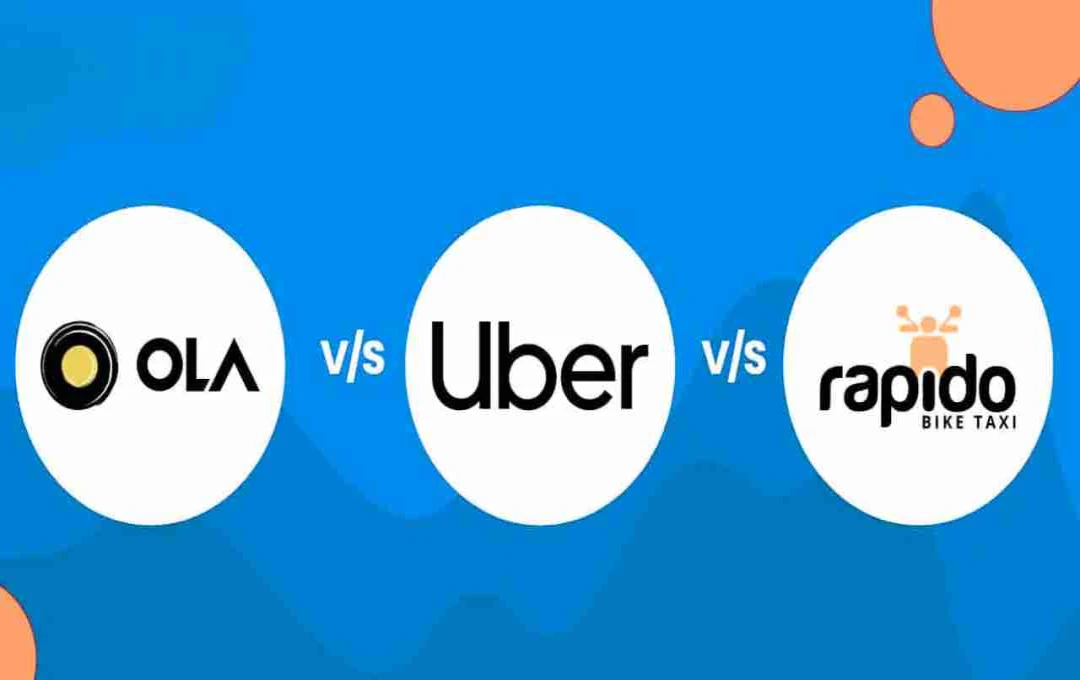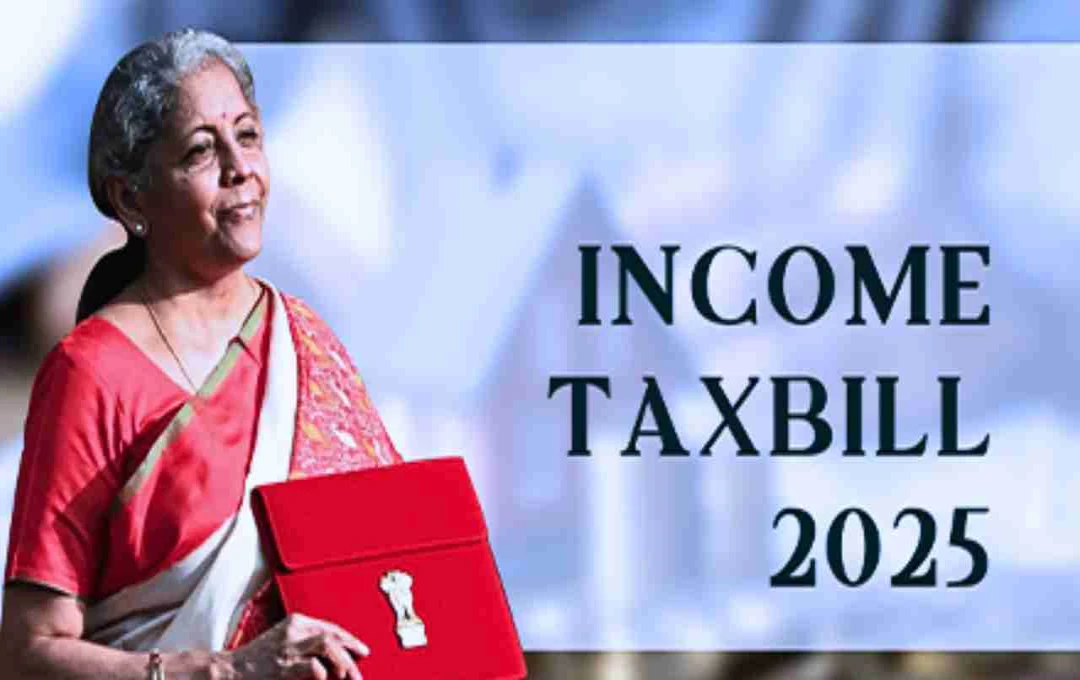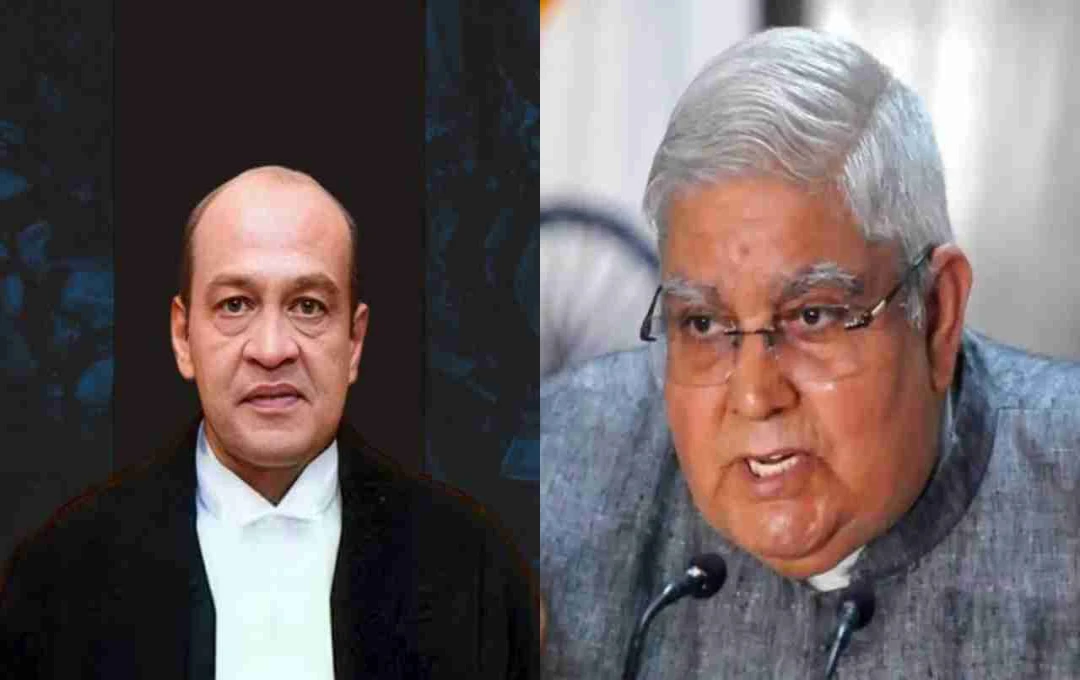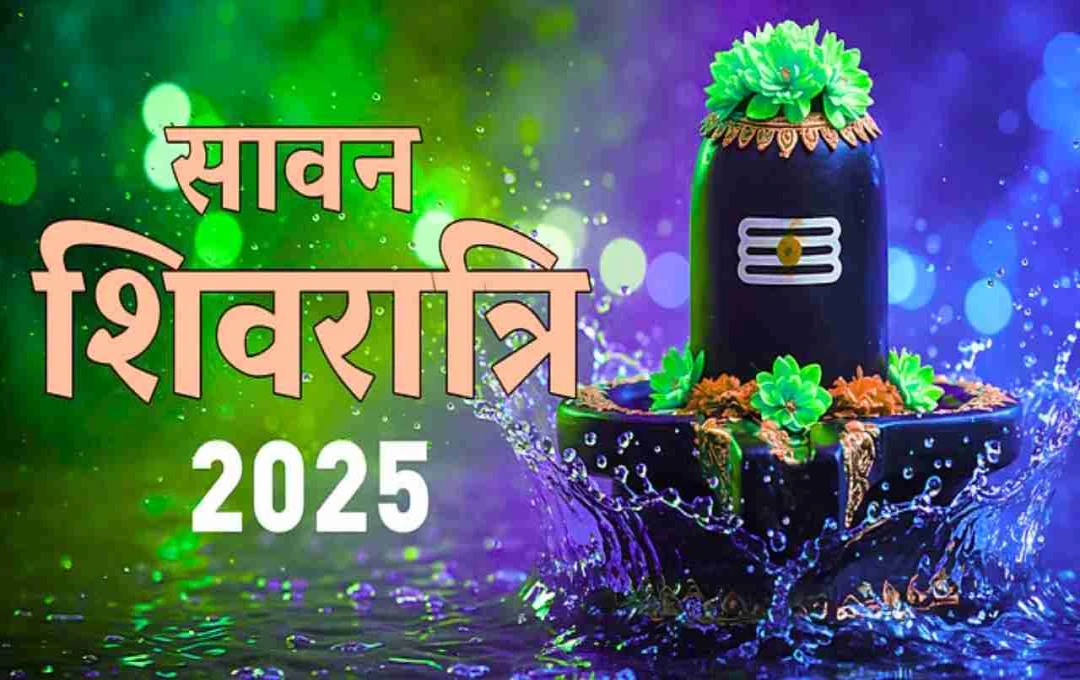Major ride-sharing platforms like Ola, Uber, and Rapido are facing accusations of disregarding government directives.
In India, ride-sharing apps Ola, Uber, and Rapido are under consumer scrutiny due to a controversial feature: "advance tipping." Despite warnings from the government and a notice from the Central Consumer Protection Authority (CCPA), these apps have neither removed the feature nor made significant changes to it.
This advance tipping system presents riders with the option to tip the driver before booking the ride. Regardless of the customer's preference, the option is presented in a manner suggesting that failure to tip may result in ride rejection or delay.
What is the Advance Tipping Feature and Why the Controversy?
Advance tipping allows riders to pre-select a tip amount for the driver before booking. This typically ranges from ₹10 to ₹50, with the app suggesting it may expedite the ride arrival.
However, users claim this option creates the impression that rides are less likely to be accepted without a tip. Many users have complained on social media platforms like X and Reddit that the tip option is pre-selected and difficult to deselect.
Government Warnings and Notices Remain Ineffective
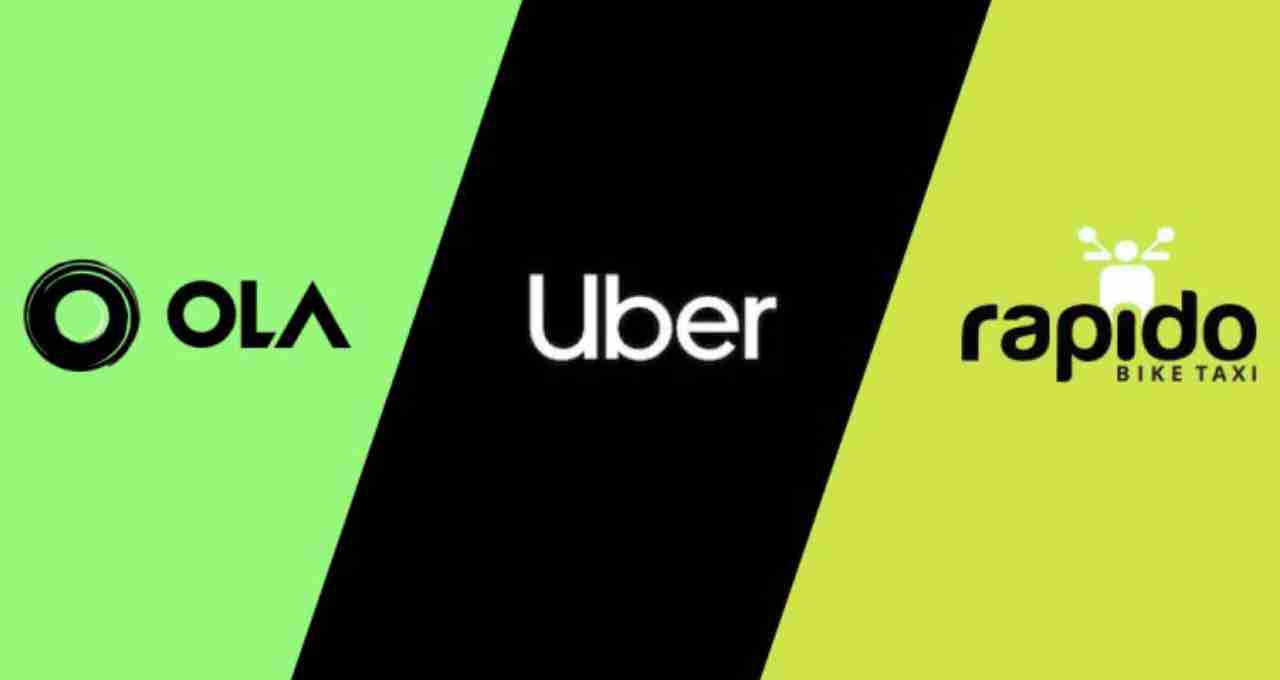
In May, the CCPA issued notices to Ola, Uber, and Rapido regarding the advance tipping system. The ministry stated that this arrangement is misleading and pressures customers into making additional payments.
As of June 22nd, these companies have yet to provide a concrete response, and the feature remains active on the apps. This raises serious questions about disregard for government instructions and negligence of consumer rights.
Consumer Testimonials
Many users shared their experiences, reporting that the tip option is pre-selected when booking a ride, requiring extra steps to remove.
- One user stated: “When I booked a cab on the Uber app, a ₹20 tip was already added. Removing it involved a complex process. This forces customers to pay without consent.”
- Another user said: “Speaking to a driver revealed that they are notified about which riders are tipping. This leads them to prioritize tippers, delaying or rejecting rides from those who don't.”
- Impact on Drivers: This controversial feature impacts not only customers but also drivers. Experts believe it fosters mistrust between drivers and riders. The system lacks clarity for drivers regarding tip amounts, timing, and receipt.
Some drivers report receiving tips through the app days later, while riders believe the payment is immediate. This creates confusion for drivers as well.
Legal and Ethical Questions

As these ride-sharing services fall under public consumption, customer consent and transparency are paramount. However, experts suggest that the current policies of these apps do not meet these standards.
A senior consumer rights advocate stated: “Adding such pre-selected charges in the application is deceptive. This is against the spirit of the Consumer Protection Act.”
The Role of Namma Yatri App
Reports suggest that the Bengaluru-based 'Namma Yatri' app pioneered this feature, followed by other companies adopting the same model. However, it remains unclear whether Namma Yatri received an official notice from the CCPA.
The lack of a notice to Namma Yatri, if true, could be seen as an example of unequal treatment of consumers, potentially encouraging other companies to disregard regulations.
Lack of Official Response
Ola, Uber, Rapido, Namma Yatri, and even the CCPA have yet to issue an official statement. This silence is further fueling consumer concerns.
Union Minister for Consumer Affairs, Piyush Goyal, however, mentioned on X that the government is taking the matter seriously and investigating all relevant parties.
Possible Solutions
- Mandatory Transparency: Companies must clearly present customers with the option to tip, without pre-selection.
- No Charges Without Consent: No additional charges should be added without explicit customer consent.
- Stricter Government Action: The CCPA should expedite its investigation and issue stricter guidelines.
- Penalties for Non-Compliance: Companies violating regulations should face financial penalties and license renewal impediments.
